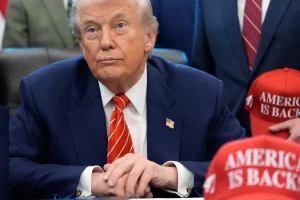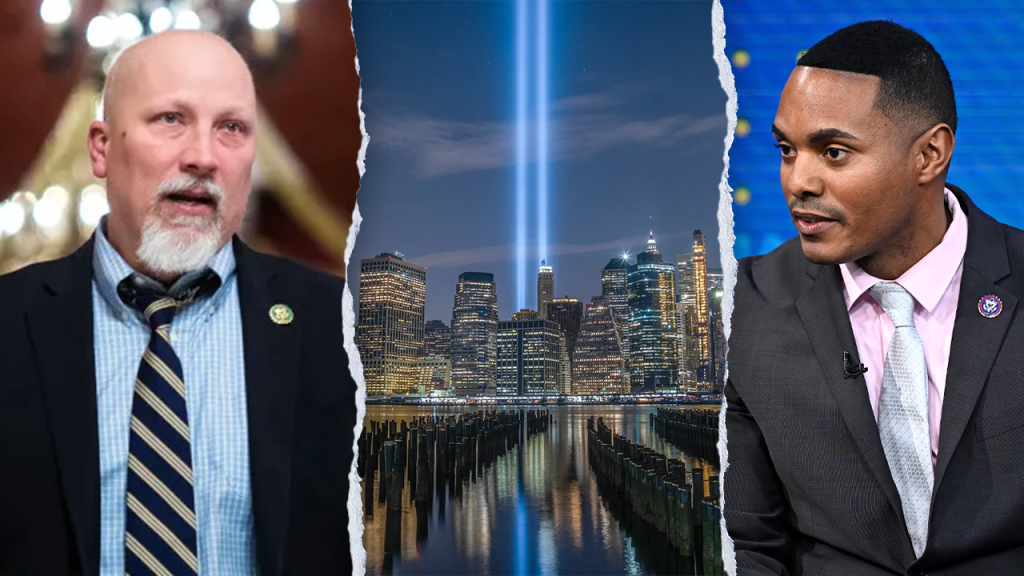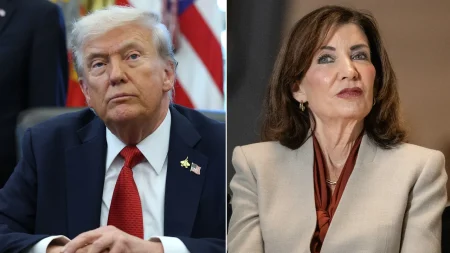Reflecting on Terrorism Threats 24 Years After 9/11
As America marked the solemn 24th anniversary of the September 11 terrorist attacks, members of Congress from both political parties expressed growing concern about a shifting landscape of threats to national security. While foreign terrorism remains a persistent worry, many lawmakers now point to rising domestic extremism as their most pressing concern, especially in the wake of recent politically motivated violence.
The assassination of conservative leader Charlie Kirk at Utah Valley University has dramatically heightened these concerns, becoming a focal point for Republican lawmakers’ criticism. Representative Tim Burchett of Tennessee emphasized the need for vigilance against all forms of terrorism but specifically blamed left-wing rhetoric for creating an environment conducive to such violence. “They’ve got blood on their hands on this one, there is no question,” Burchett stated, suggesting the incident could significantly impact upcoming elections. This sentiment was echoed by Representative Chip Roy of Texas, who highlighted the deterioration of civil discourse and respect for the rule of law, warning that without these foundational principles, “we’re not going to have anything left.” The growing inability to engage in respectful political disagreement has created dangerous divisions that threaten the fabric of American society.
Several Texas Republicans expressed particular alarm about domestic terrorism threats. Representative Jodey Arrington, who was in the White House with President George W. Bush on 9/11, believes domestic terrorism now presents the greater danger, though he cautioned against lowering our guard against any threat. Arrington and his colleague Representative Troy Nehls both voiced significant concerns about border security, suggesting that the current administration’s policies have allowed potential terrorists to enter the country. Nehls specifically mentioned transnational gangs like Tren de Aragua and lamented the increasing violence between Americans with differing political views: “We can’t have a casual conversation and agree to disagree. We’re going to start raising our fists or start pointing guns and start shooting people. It’s gone too far.”
The spiritual dimension of this crisis was highlighted by Representative Don Bacon of Nebraska, who acknowledged that while international terrorism remains a threat, domestic problems have intensified because “we’ve lost our moorings a little bit spiritually.” He pointed to a lack of hope and purpose in many people’s lives, combined with the echo chambers created by social media and partisan news sources that “feed on anger.” This perspective offers a deeper analysis of why political disagreements have become increasingly violent, suggesting that the problem goes beyond mere policy differences to touch on fundamental questions of meaning and belonging in American society.
Democratic lawmakers shared similar concerns about the rise in domestic terrorism, though they generally avoided partisan accusations. Representative André Carson of Indiana stated plainly that “domestic terrorism keeps me up at night” and expressed his desire to work across party lines with Republicans, law enforcement, and community activists to address the threat. This bipartisan recognition of domestic terrorism as a critical issue suggests potential common ground for cooperation, despite the heated political rhetoric surrounding recent events. The shared concern about homegrown extremism reflects a sobering acknowledgment that the nature of terrorism threats has evolved significantly since the foreign-orchestrated attacks of September 11, 2001.
The personal impact of these threats on public servants was poignantly articulated by Representative Ritchie Torres of New York, who noted that “the safety of public figures can no longer be taken for granted.” Torres confessed that he has “lost an incentive to do public events without extensive safety precautions” and believes this anxiety affects every member of Congress. His comments highlight the chilling effect that political violence has on democratic participation, potentially restricting the accessibility of elected officials to their constituents. Twenty-four years after 9/11 unified the nation against a common external threat, the growing concern about threats from within represents a profound challenge to America’s democratic institutions and civic culture – one that will require renewed commitment to respectful dialogue and shared values to overcome.













